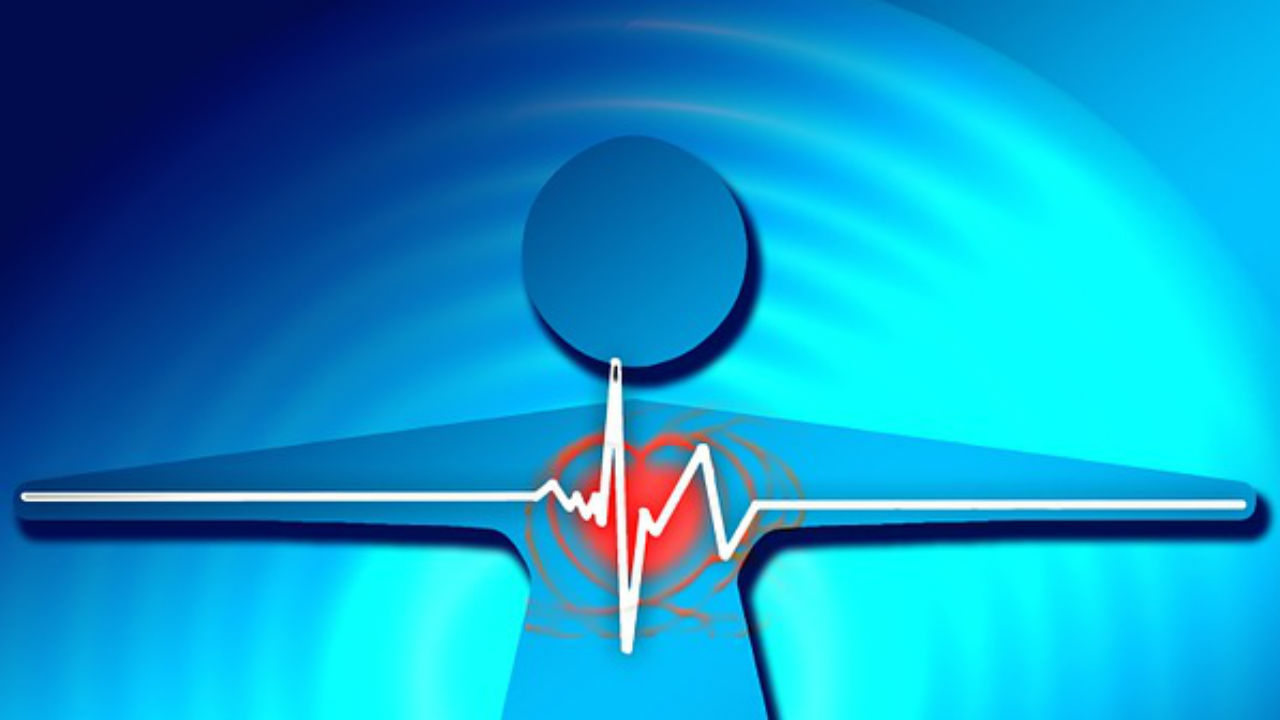We all need calcium. It’s categorized as a mineral and is found almost entirely in the bones. In addition to strengthening the bones, it helps muscles contract, helps nerves/brain function and assists in the regulation of heart rhythms and blood pressure. But like anything else, too much of a good thing can be dangerous.
High blood calcium (hypercalcemia) is like it sounds -– too much calcium in the blood. Some persons have slightly high levels of calcium with no symptoms. This is no cause for alarm. Your doctor will just monitor this area for any changes at your annual check-ups. However, there are times when the calcium levels are so high that it causes damage to the body.
Symptom and Causes
Symptoms for severe hypercalcemia are as follows:
Nausea and vomiting
Loss of appetite
Excessive thirst
Frequent urination
Constipation
Abdominal pain
Muscle weakness
Muscle and joint pain
Confusion
Lethargy and fatigue
Normally, when calcium decreases, the body knows to produce more parathyroid hormone and when calcium increases, it knows to produce less. The parathyroid hormone is responsible for stimulating the bones to produce more calcium, the digestive system to absorb it, and the kidneys to produce less of it while producing more vitamin D. Vitamin D helps in calcium absorption as well.
When the calcium levels reach a very high point, the thyroid gland releases the hormone, calcitonin. This hormone slows the rate of calcium being released from your bones. However, with hypercalcemia, this process is disrupted. This can be caused by a number of factors, such as:
Overactive parathyroid gland – this is the main cause of hypercalcemia.
Cancer - with some cancers (breast, lung and multiple myeloma) the malignant tumor actually produces a protein that mimics the parathyroid hormone and tricks the body to produce more calcium than needed.
Other diseases – such as, tuberculosis and sarcoidosis, cause inflammation where tissue is injured and as a result, raises vitamin D levels. Elevated vitamin D (calcitriol) makes your digestive system absorb more calcium, causing the body to produce more at a faster rate.
Sick people who have to spend a lot of time resting – inactivity produces a risk of calcium buildup because bones will eventually release calcium into the blood.
Certain medications – excessive or long use of medications/supplements such as lithium, thiazide diuretics, calcium or vitamin D.
Dehydration – although not permanent and mild in most cases, when dehydrated (less fluid present in blood) calcium level rises.
If hypercalcemia is not treated accordingly, there are health risks that can develop too. Osteoporosis, kidney stones and/or failure, nervous system dysfunction and abnormal heart rhythm are all listed by the Mayo clinic.
Tests and Treatment
Severe hypercalcemia will be more than likely treated while hospitalized. It will be very important to bring calcium levels down so no further damage will develop. When doctors have stabilized calcium levels, further treatment will depend on what the core problems is. For example, if the problem is severe primary hyperparathyroidism, your doctor may recommend removal of the parathyroid gland(s). However, the patient has to be able to withstand surgery. If surgery will be too risky, the attending doctor will try certain medications.
Whatever the treatment, doctors always recommend the following to aid in stabilizing blood calcium levels from the point of diagnosis onward: drink plenty of water, exercise, and stop smoking.
Resources: The Mayo Clinic
Dita Faulkner is a freelance writer who firmly believes in the betterment of life –- through medical research, through behavioral science, and most of all, through spiritual enlightenment.






Add a CommentComments
There are no comments yet. Be the first one and get the conversation started!